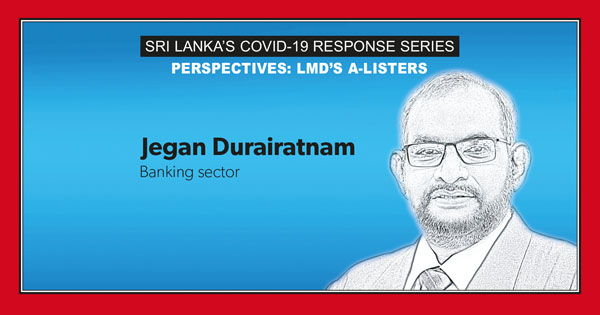WORKFORCE SAFETY IS A PRIORITY
A: The response coordinated by the president from the start has been proactive. The appointed task force has operated swiftly with the required structures and personnel. And the curfew was imposed relatively early and adequate quarantine centres were established to curb the spread of the virus. As such, compared to global efforts, Sri Lanka has done commendably.
However, as of late there have been some slight setbacks including the lack of testing patients or high risk persons.
While the government has performed admirably in containing the number of confirmed patients and deaths, these diligent efforts have not been accurately reflected in global COVID-19 risk country ratings such as the Deep Knowledge Group’s COVID-19 Rankings and Analytics study carried out and published by Forbes. Agencies use deep analysis to gain insights, and rate countries on infection spread risk, government management, healthcare efficiency and regional specific risks.
Therefore, all Sri Lanka needs is to provide the available information in a manner that these agencies look for in order to gain the highest possible rating.
Sri Lanka’s ratings could have been much higher – we can say this with some degree of certainty, considering that JAT’s IT subsidiary Bileeta provides state-of-the-art technology support to the State Intelligence Service (SIS) via intelligence dashboards. This is one of the most important factors for a better rating although the authorities haven’t promoted this information.
Q: In your view, how should the authorities balance the twin imperatives of safety and the economy?
A: The majority of Sri Lanka’s work force consists of daily wage earners and small-scale business owners. For a sustained economy therefore, one needs a healthy workforce. As such, controlling the spread of this virus is paramount to safeguard the workforce being infected, which in turn will impact the economy.
As the government is not in a position to offer a stimulus package like in developed countries, it is important to establish a mechanism where the economy is opened and people work while being informed of the required safety measures. The private sector will play a major role in this; and to this end, the government should encourage the private sector to curtail unemployment.
Q: As for state finances, should we print money despite the obvious repercussions and/or seek more funding from global lending institutions and other channels?
A: Printing money is inevitable in order to maintain liquidity in the financial system of the country – repercussions will certainly arise but they to be managed with other tools at the disposal of the Central Bank.
Local industries must be encouraged in order to prevent foreign exchange from flowing out of the country. In addition, we could discuss the possibility of converting some loans to grants with global lending institutions. Sri Lanka has been hit twice within a span of 12 months, considering the Easter Sunder disaster; it needs all the assistance it can get.
The open invitation by the government to all Sri Lankans living abroad or locally to deposit foreign currency in a local bank under the guarantee of secrecy and convertibility before 2 July 2020 is a welcome step. This cabinet decision was an unprecedented joint initiative with the Central Bank and the Ministry of Finance.
Meanwhile, the country has welcomed remittance inflows from charitable organisations, funds and well-wishers worldwide. I expect this to lead to an increase in our foreign currency reserves and a stabilisation of the Sri Lankan Rupee.
[wprpw_display_layout id=2]





